"You don't have to be from Lagoa to understand this story", guaranteed Adriana Freire Nogueira, president of the jury of the 3rd edition of the Santos Stockler Literary Prize, promoted by the Lagoa City Council, whose winner was the novel "Barro Cru", by Helena Tapadinhas .
The jury, consisting of Adriana Nogueira, David Roque, Maria Helena do Carmo and João Nuno Aurélio Marcos, unanimously chose this novel. According to the minutes of the final jury meeting, the winning work "is able, in an outstanding and literary way, to awaken aspects of the singularity of the municipality of Lagoa, namely the pottery".
«Starting from the local reality, it manages to find and reach the highest level of universality», through a «solid narrative» and «literary maturity». Set in Lagoa, the novel does not make an «attempt to create an ethnographic make-believe», stresses the jury, but does not shy away from using «various levels of language, perfectly adapted to the moments of the narrative. namely the dialogues'.
«The construction of the characters in this novel did not stick to the matter of reality», thus managing to give universality to the story that is told.
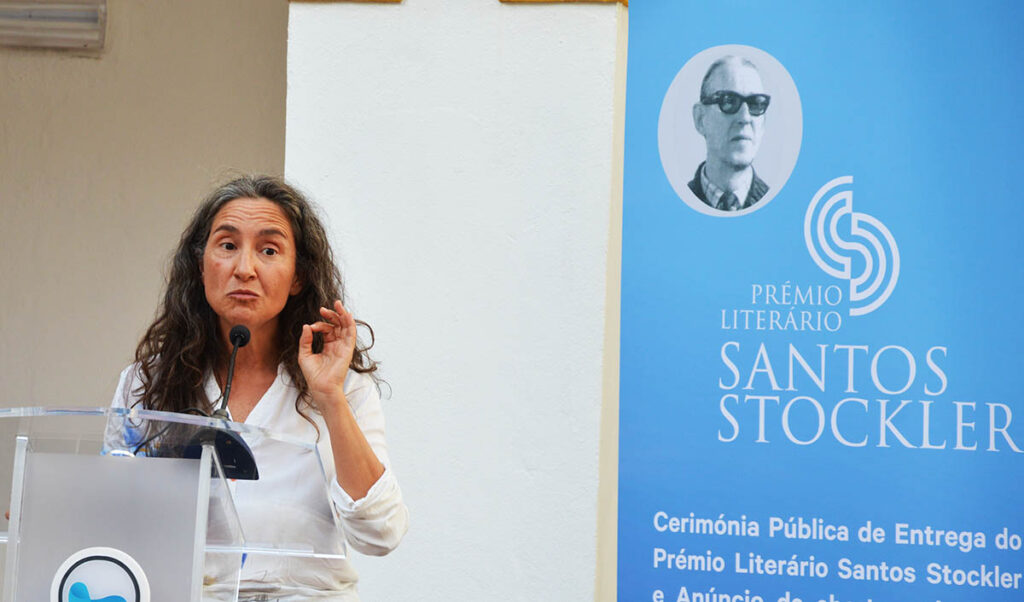
In her acceptance speech, Helena Tapadinhas' first word was “I miss you: I miss the sweet person, the
tireless storyteller with whom I had the enormous privilege of living and who inspired the writing of the raw clay».
But, noted the author, “this book is not a biography, nor does it have any biographical pretensions: it is based on some real characters and events, it is true; but the story told in it is a fiction, just that».
Bearing in mind that this is the second consecutive time that Helena Tapadinhas is distinguished in the Literary Prize created by Câmara de Lagoa (the first was in 2018 with the short story «Tailor»), the repeating winner made a "special bow" to the Lagoa City Council, "which knew how to draw up a regulation that favors writing, that evaluates faceless stories, that values fidelity to the program that is proposed, without giving in to the temptation to create bizarre rules, like those so frequent, that exclude a good story just because its author is… repeat offenders in good stories».
In fact, he pointed out, the Câmara de Lagoa is «creditor of a second bow, because unlike so many other promoters of literary competitions, it created an Award that is in fact, and that does not offend the work of writing». The prize is 10 thousand euros, one of the biggest literary awards in the whole country.
In an open-air session in the cloisters of the Convento de S. José, in the old town of Lagoa, with all the sanitary rules to be scrupulously observed, such as the use of a mask, despite the strong heat of late Friday afternoon , Luís Encarnação, Mayor of Lagoa, took the opportunity to announce the 4th edition of the Santos Stockler Literary Prize, for the 2020/2021 biennium.
This time the genre in competition will be the soap opera, while the motto will be «Lagoa, Cidade Sustentável».
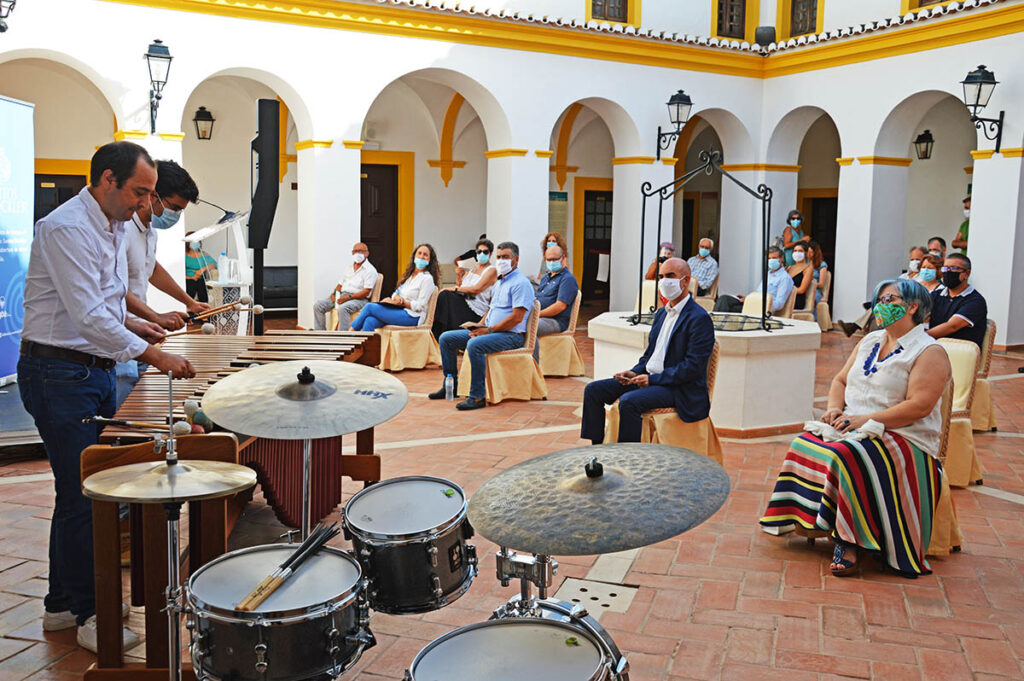
In her intervention, and taking advantage of the fact that she was in the cloisters of the Convento de S. José, Adriana Nogueira, regional director of Culture of the Algarve, launched a challenge to the municipality: to promote the classification of monuments or groups of heritage interest in the city of Lagoa, which does not have a single listed building.
Adriana Nogueira began by suggesting the classification of this «wonderful place where we are», the Convento de S. José, but also referred to the Igreja Matriz or the historical center of Lagoa. “Count on the Regional Directorate of Culture to be able to classify the monument here in the city”, he concluded.
Closing the session, as at the beginning, there was music, with the Duo Rimba, consisting of Vasco Ramalho (marimba) and João Paias (marimba and drums).
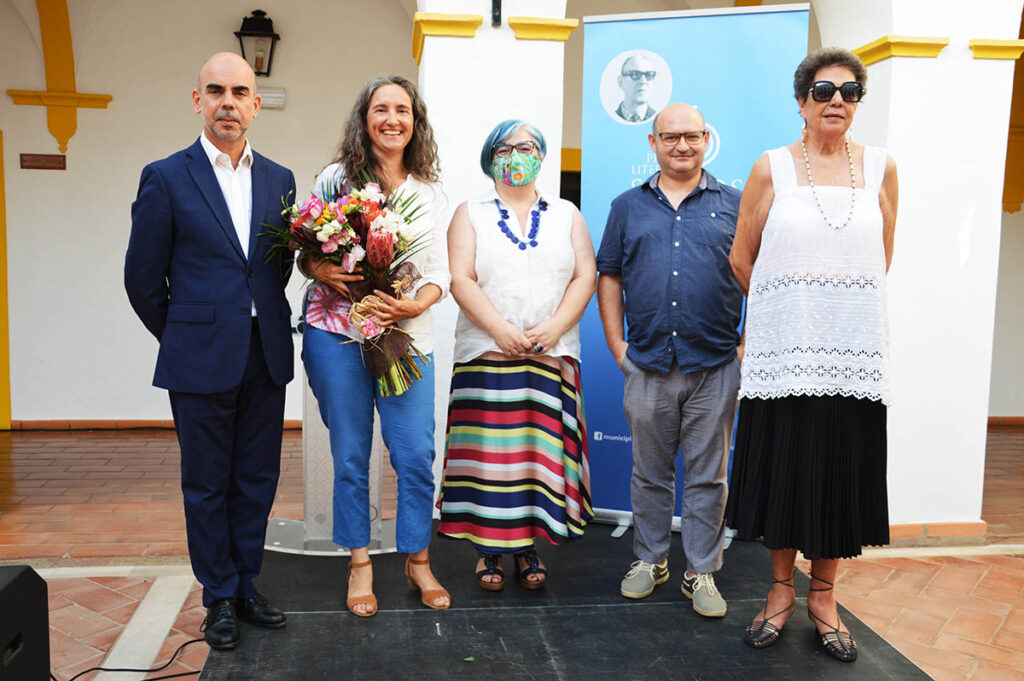
In turn, at the end of her acceptance speech, Helena Tapadinhas read an excerpt from her novel, to whet the appetite for reading the work in its entirety. The book will only be published next year, but here is the excerpt read by the author:
«In that first class, few people dared to take off their coat, roll up their sleeves and put their hands in the clay. Of these, almost all wanted to start at the end, immediately doing work on the wheel. Except for João Riscado. The boy realized that without knowing what was in his hands he was not going anywhere. He watched me carefully and traced my gestures until he felt that he was already in possession of a well-connected mass that changed shape without fraying while he handled it... He incorporated the paper well and the importance of managing the right humidity throughout that process, and quickly made the clay obey him. So the third time he sat on the wheel, he did work. Imperfect, of course, but work. Furthermore, whenever it was time for the session to end, when the others had already run amok out the door without even deigning to send me to shit, João Riscado would calmly tidy up the bench. After doing what I thought should be done, I still wondered if I needed anything else. Only then would he pick up his clothes and say goodbye.
– Bye… see you next week, Sector!
I took it in good note. That's why I was surprised when, some time later, I sat down for the first time on the Council of that class and heard from my illustrious colleagues, who by the way were more than the students we had, the worst references to the boy: that he didn't study at all, that he didn't he was interested in nothing, he was rude, undisciplined, in short: he was no good!
– It can't be the same person! – I thought aloud.
- Sorry?! – the class director asked me.
- Nothing. Forget it. I still barely know them and I think I'm confusing the student they were referring to with someone else.
But not. It was really João Riscado. So as soon as the opportunity arose:
– Mr. João Riscado, can you give me a minute, please? – I always treated the staff for you. A habit I acquired in the troops and with which I always got along well.
– Yes, Sector…
– I heard from you this and that. And I would like to know what you have to say on the subject.
***
I feel atoning for a crime I didn't commit, Sector. Since the day I entered school I have felt surrounded by fences on all sides. Inside and outside. Not only do they make me walk inside eight hours a day, five days a week, they also want to force me to think like they think. I have no doubts that they are not normalized. They say it's for my good, but this has only done me harm.
I'll be eighteen in a few months, I'm full of the will to live, to make a living, to take care of myself. But they don't let me. If I drop out of school, they'll shut the doors in my face; if I don't, I won't know what to do if they open up. And this revolts me. I held on as long as I could, but for some time now, something has turned into the drop of water that makes the glass overflow. I cannot say that nothing is taught here. I don't know what most of what they want to teach me is for. And as no one wastes time clarifying me, any bit of motivation that I still bring from home withers more with each passing day. Just yesterday, the biology teacher spent the entire class telling us about the fauna and flora of the estuary of any river in America. And as I listened to her, I found myself thinking that no one ever told us about the animals or the plants that live in the estuary of that river that flows right there at the end of our county. I'm not sure what fish swim in those waters, I don't know anything about the life of the clams, nor
of the razor clams, which are caught there in the mud of the ebb, I have no idea why there are times when you can eat and others not, but on the other hand I already know that in that river in America there lives a pink dolphin that eats flame boto! In History, Sector, we've been dealing with the reign of a French king for weeks, one … I don't know how many. But about what led to the abandonment of the vineyards and almond fields surrounding our school, nothing! The Portuguese sector has been telling us, since the beginning of the year, about scenes written by a certain Friar Luís, back in the days when chickens still had teeth. But just yesterday, I wanted to write a complaint there at the Health Center, and I hardly knew where to start. See, Sector?
When I finished the ninth year, I signed up with the professionals to see if this fate had an end. But not. I've been on a winery technician course for three years now, which I chose because it was the only one that gave me the idea that I could do anything without books. Nothing! The only two times I set foot inside a winery were on my own initiative, it wasn't the school that took me there. If he didn't live next to a vineyard, he only knew the vines from the images that the teacher projects on the screen of the new board.
It is also in the painting that he draws us pruning schemes, but he never took us into a vineyard or put pruning shears in our hands. The truth, Sector, is that I didn't even have a vintage. The first time anything that looks like pra4ca happened to me, it's been here in your class, although I also tell you that I don't understand what pottery has to do with my course, as as far as I know, no one uses clay pots anymore. to make wine. But if I had told any other Sector what I'm telling you now, it would have already been put on the street. A few days ago I had the bad idea of asking the Portuguese sector if we were going to give anything else this year, besides the
this Frei de Sousa, and she lost it. She started yelling at me, calling me ignorant and provocative, that I was just a beast, until I ended up pissing myself off, I had to tell her I wouldn't let her talk to me like that, she threw me out, and I ended the week cleaning the dust from the Library's books, as that was the punishment the Management gave me. Have you seen it, Sector? I never thought school would teach me that work is a punishment. I imagine that the Owner who takes care of the Library is also grounded. And of my parents, I don't even mention: these, I think have been grounded since they were born».
Photos: Elisabete Rodrigues | Sul Informação
It's time to help us do the Sul Informação!
Contribute your donation so that we can continue to make your journal!
Click here to support us (Paypal)
Or use our IBAN PT50 0018 0003 38929600020 44
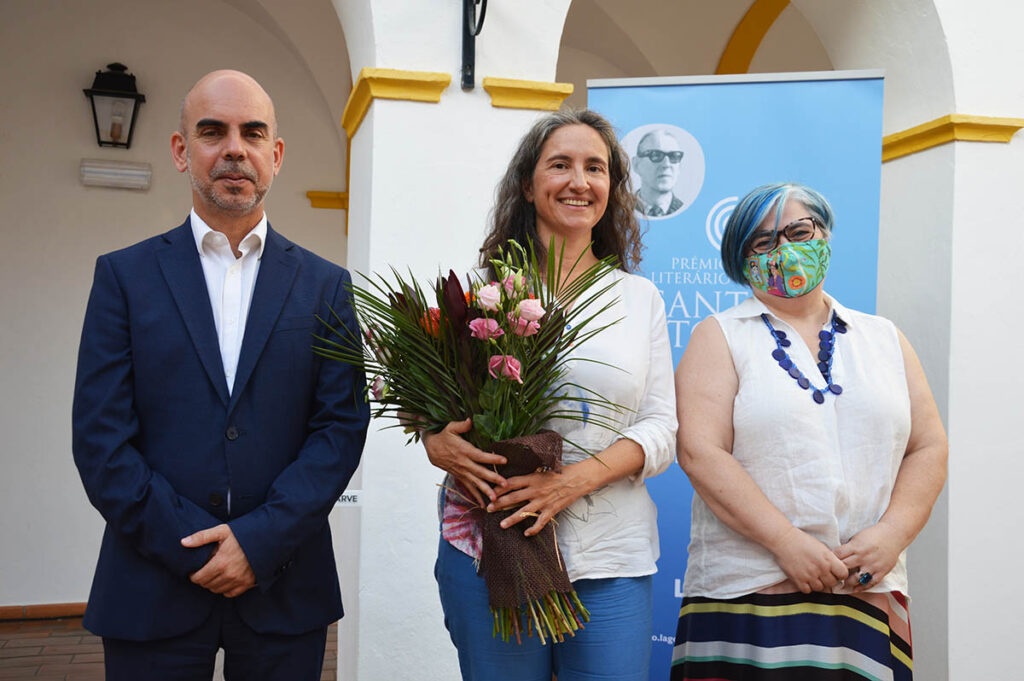
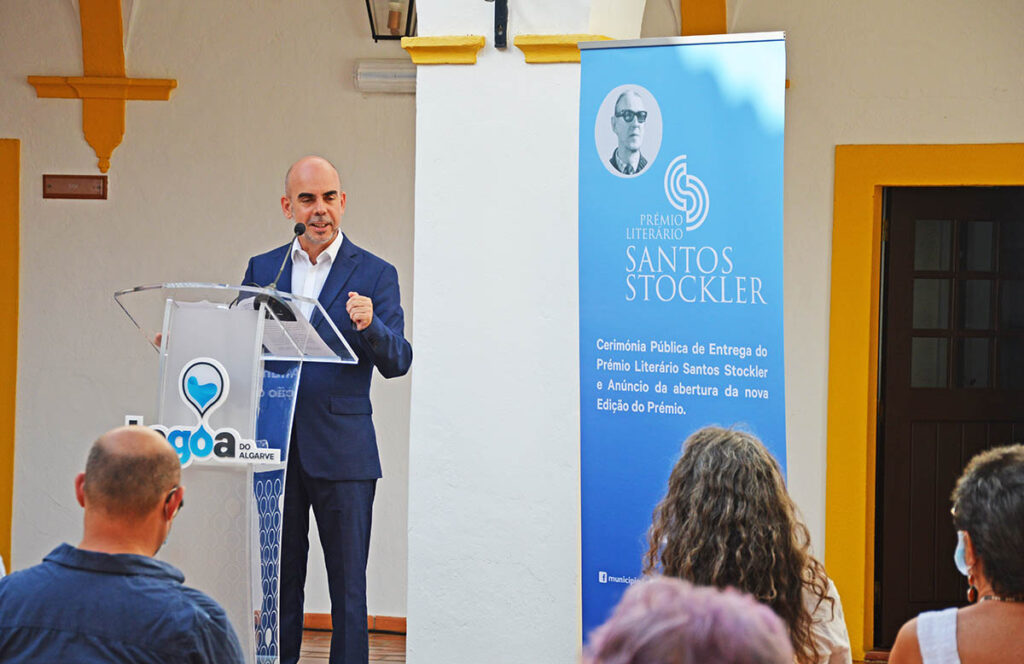
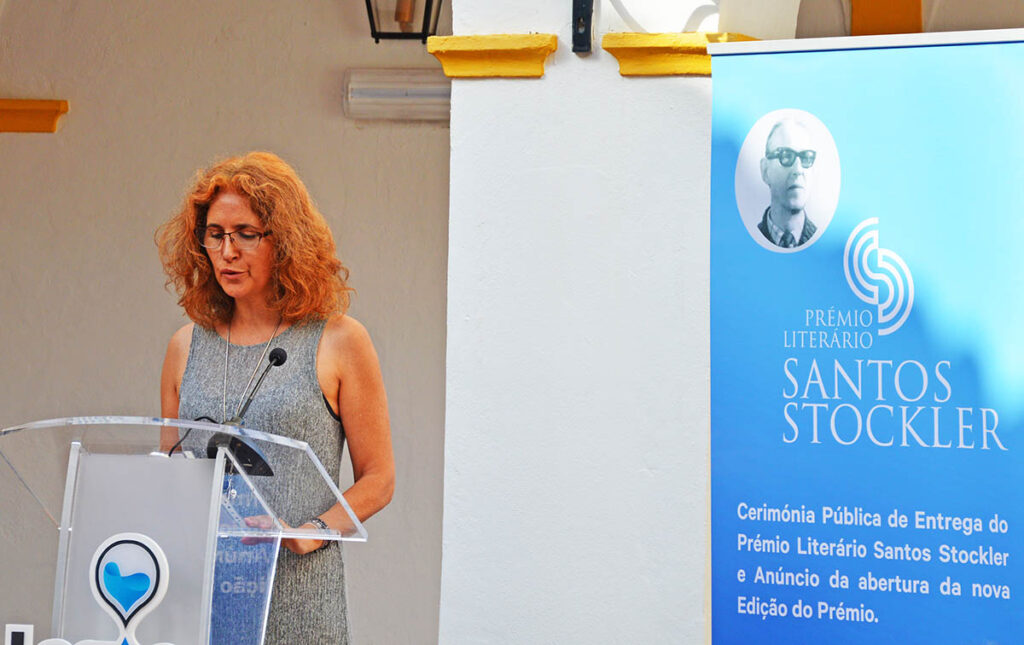
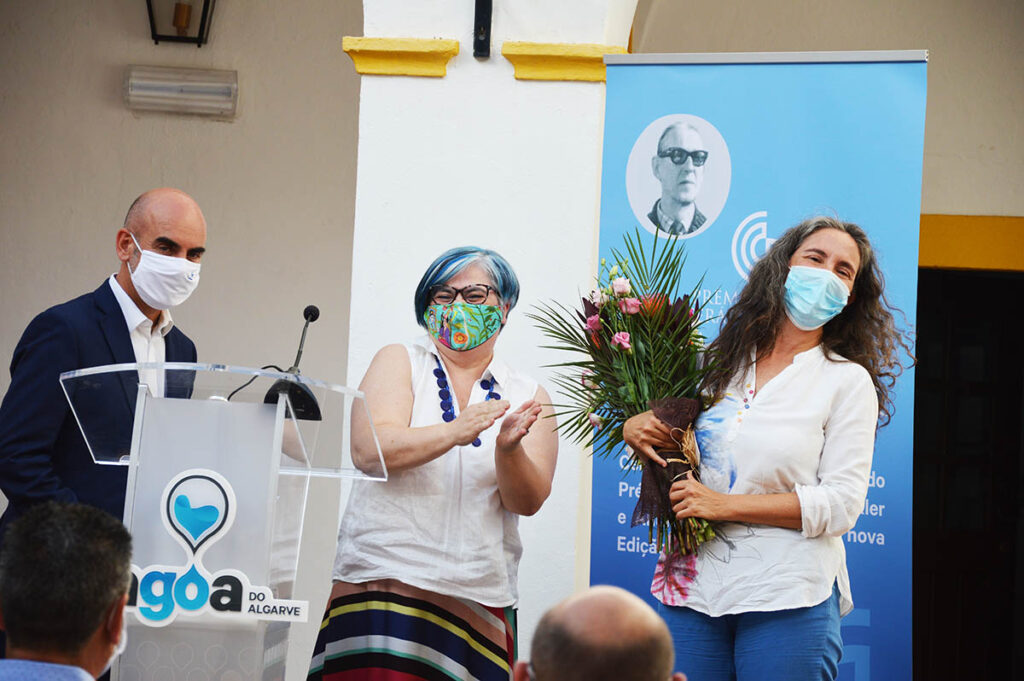
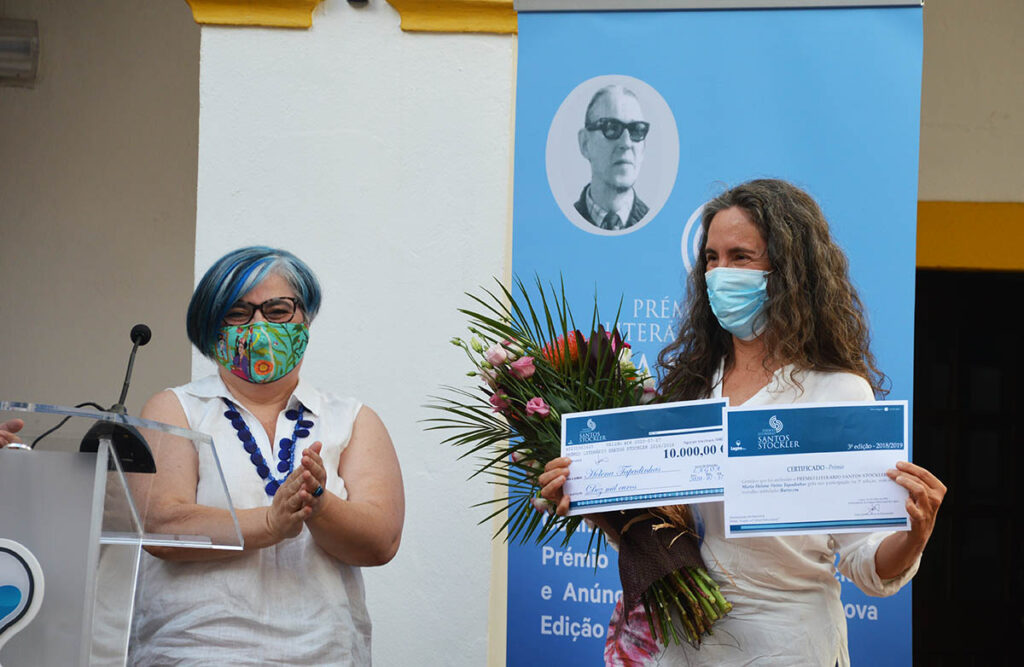
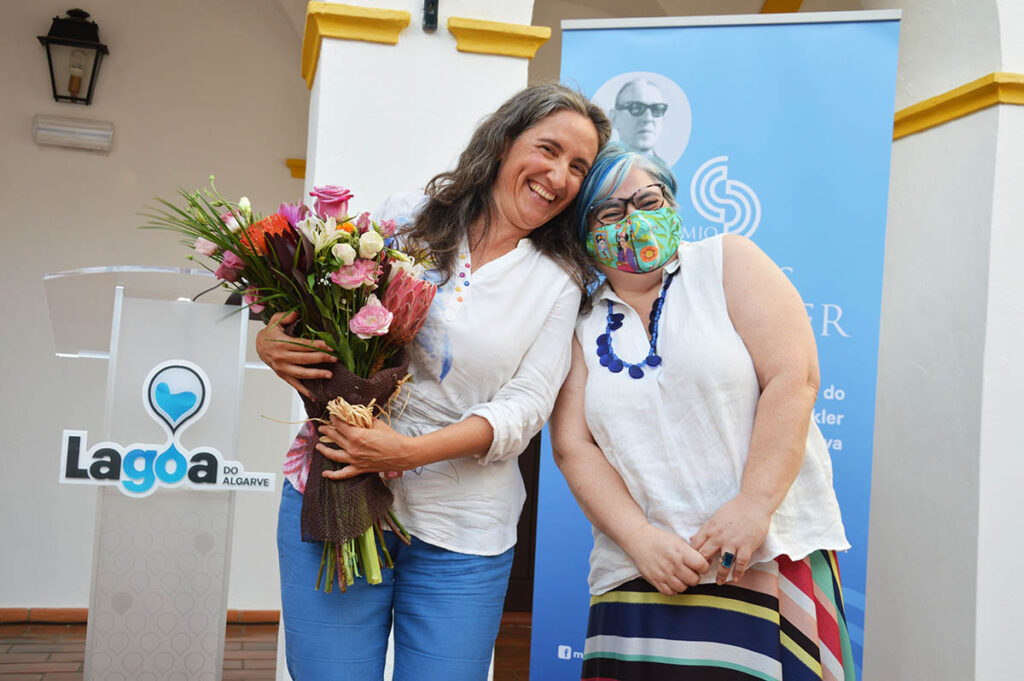
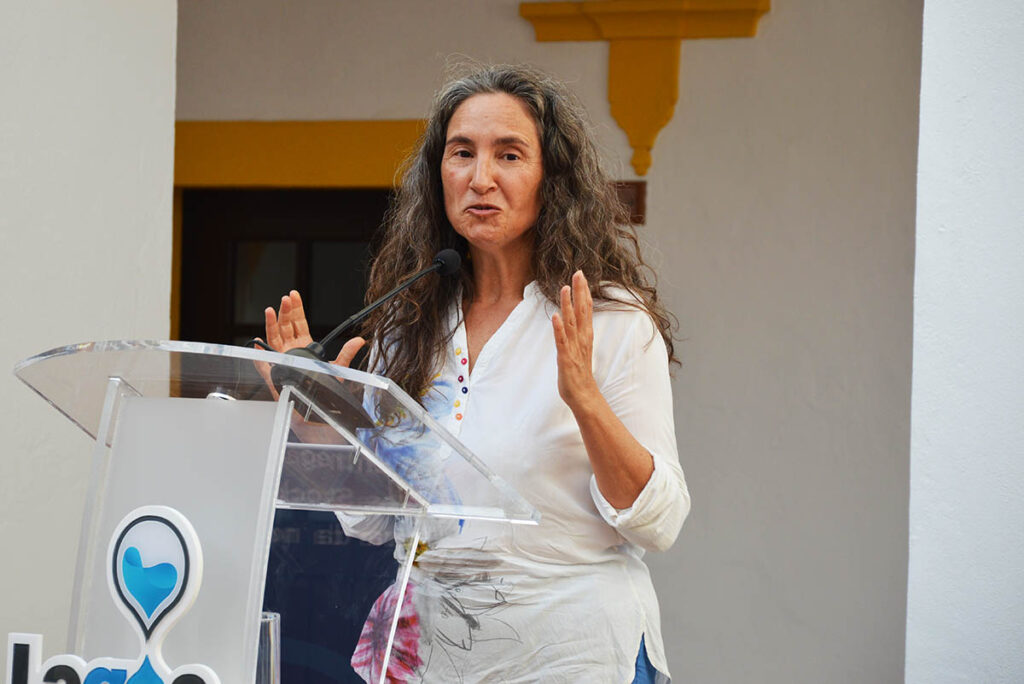
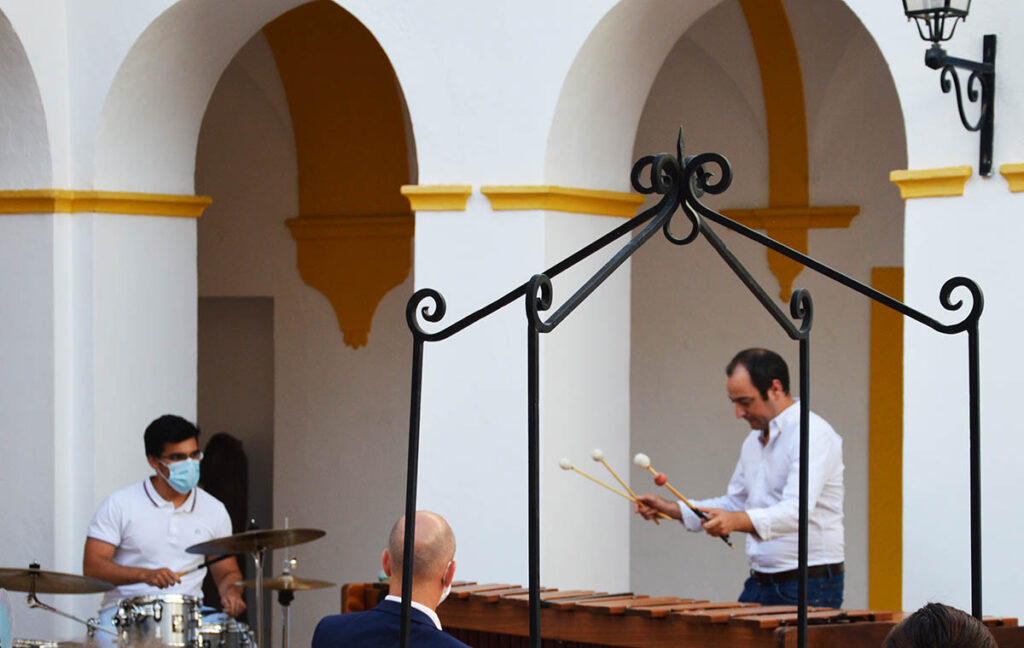


















Comments